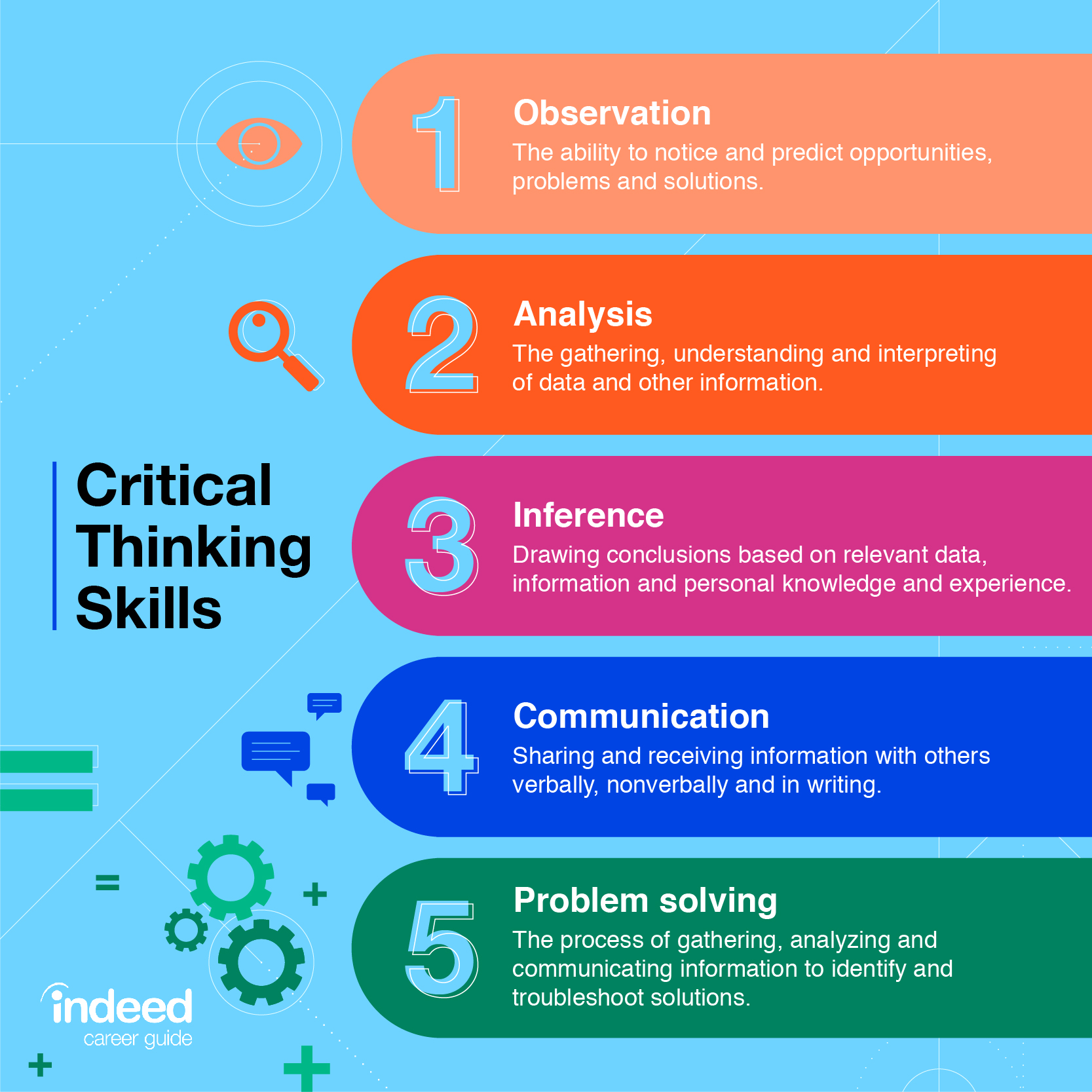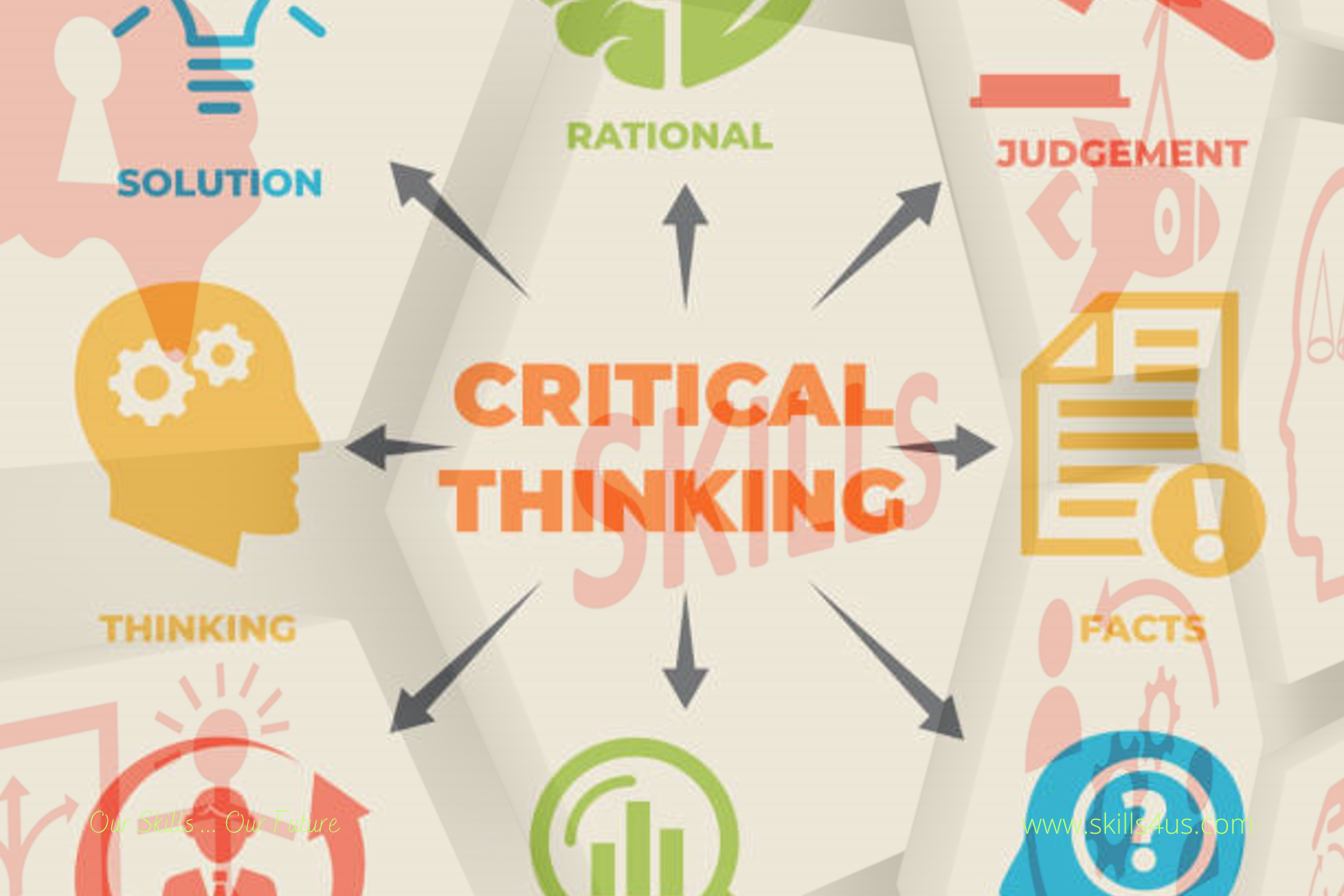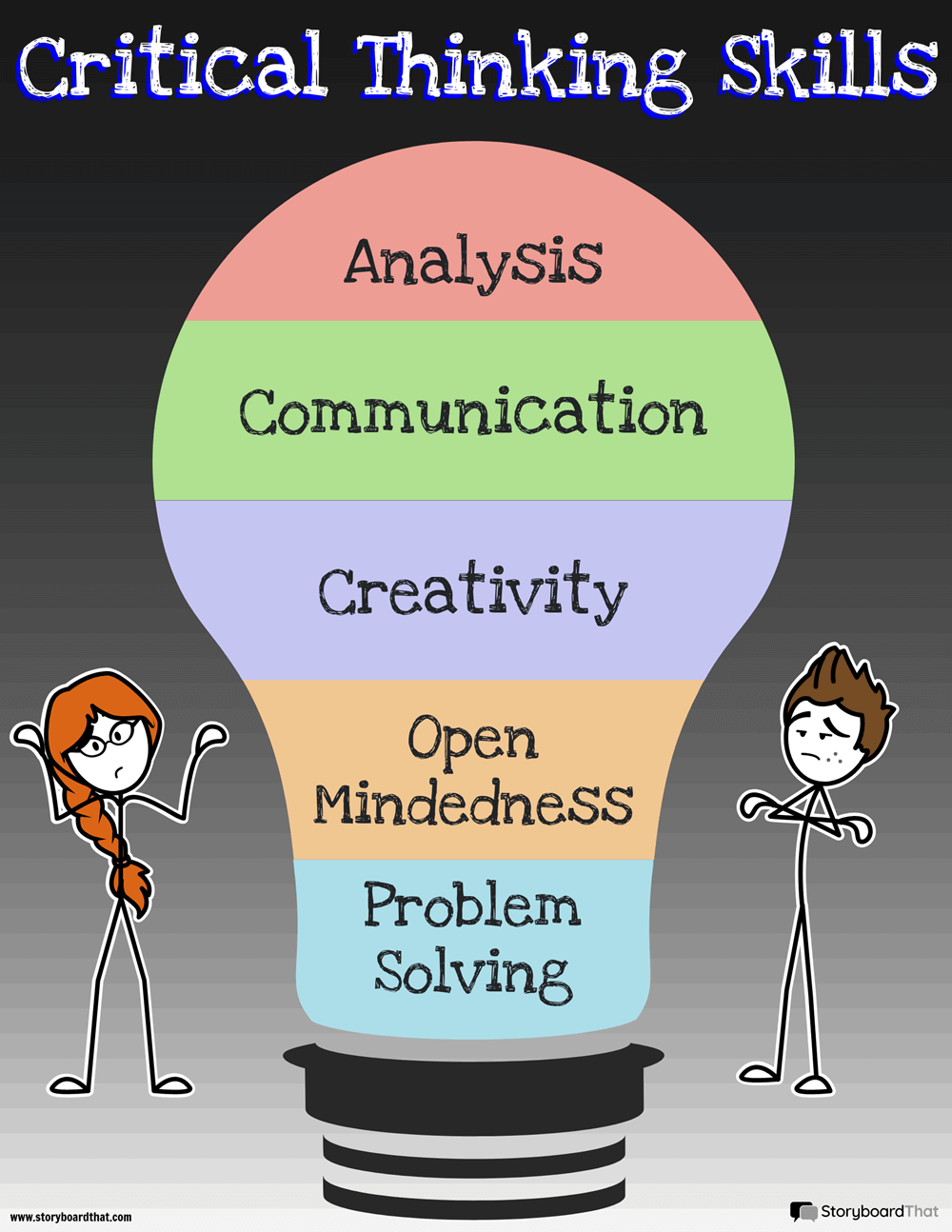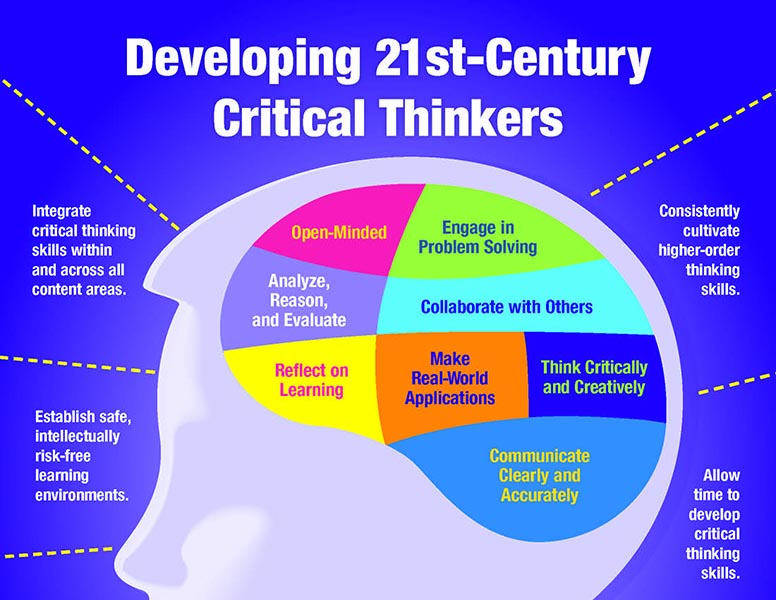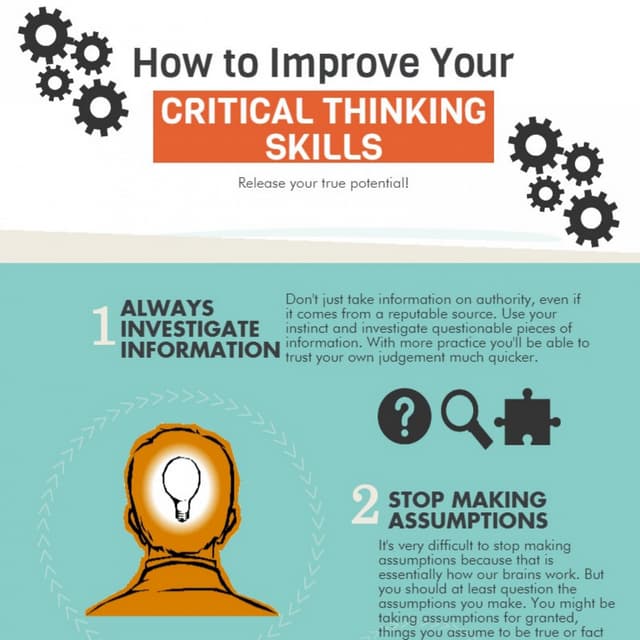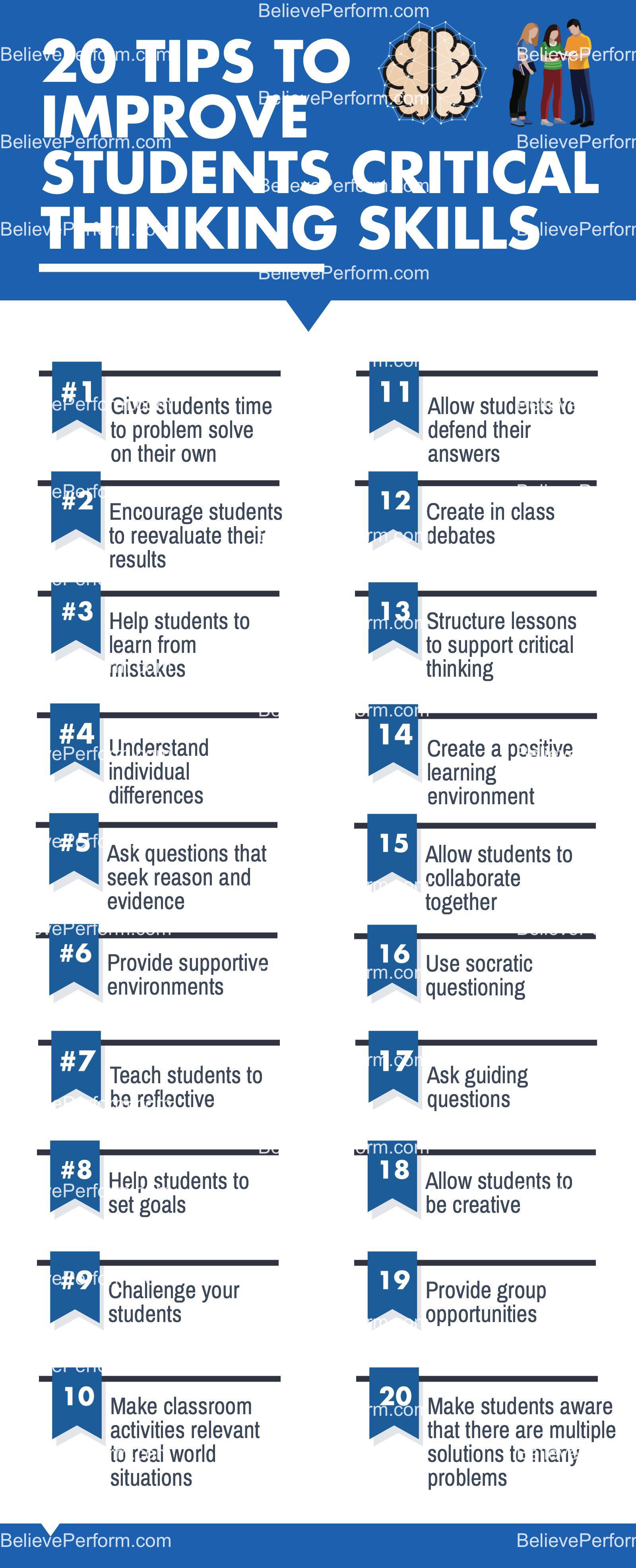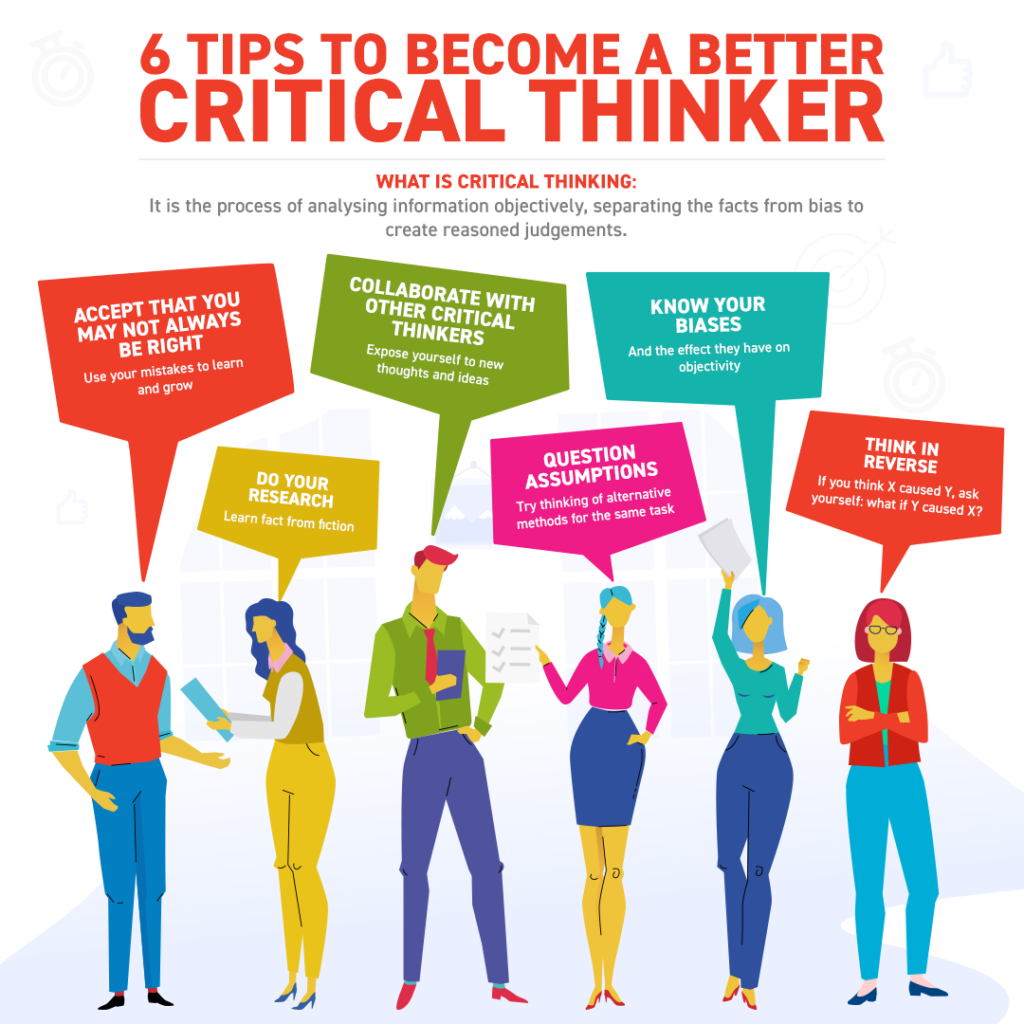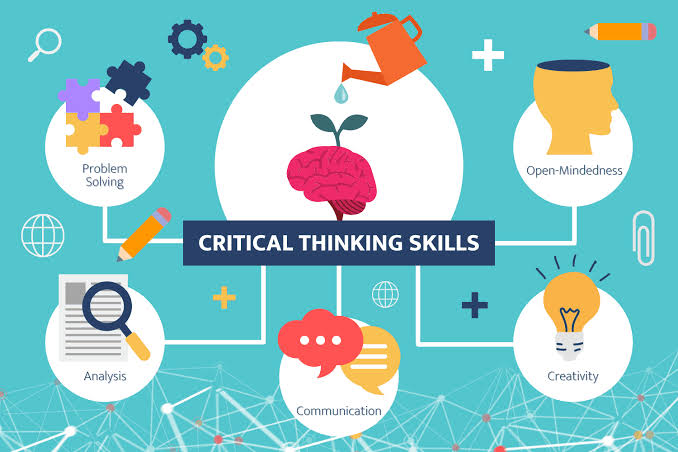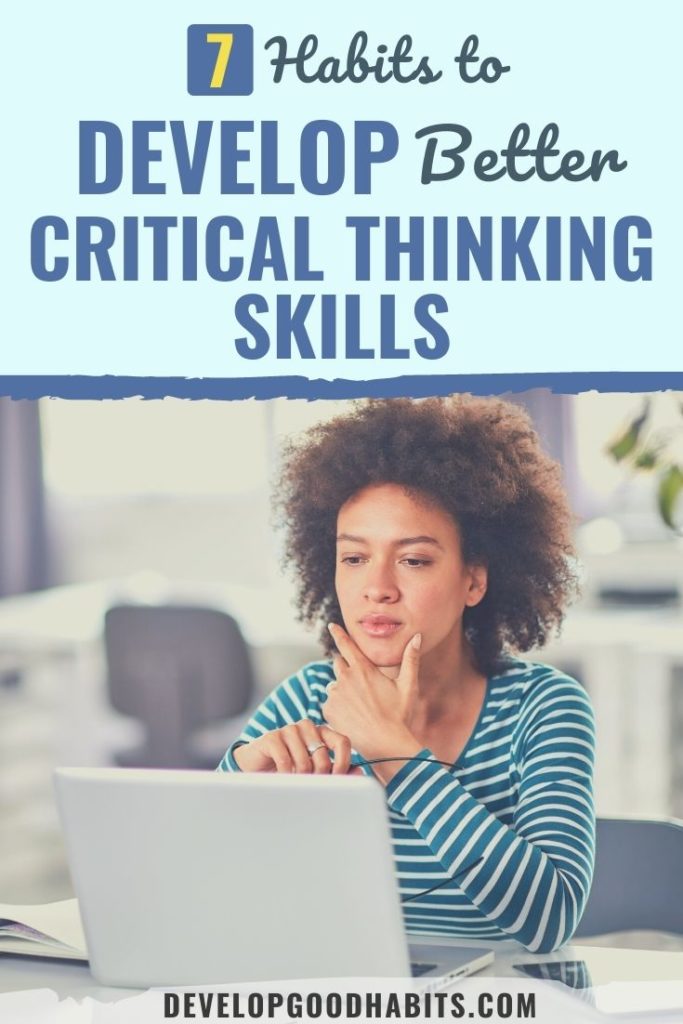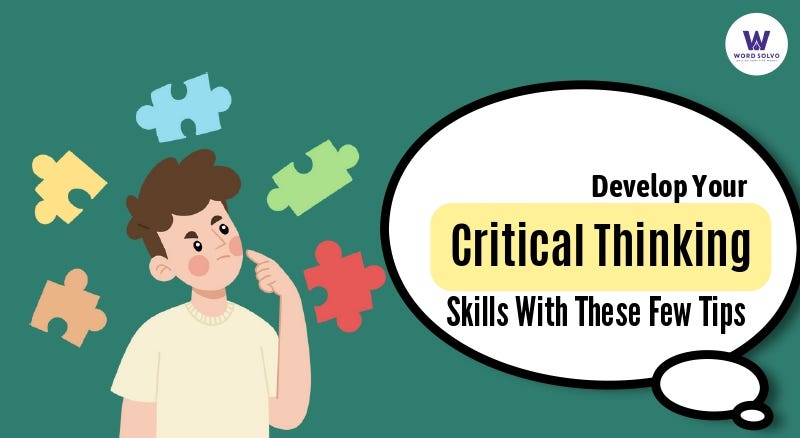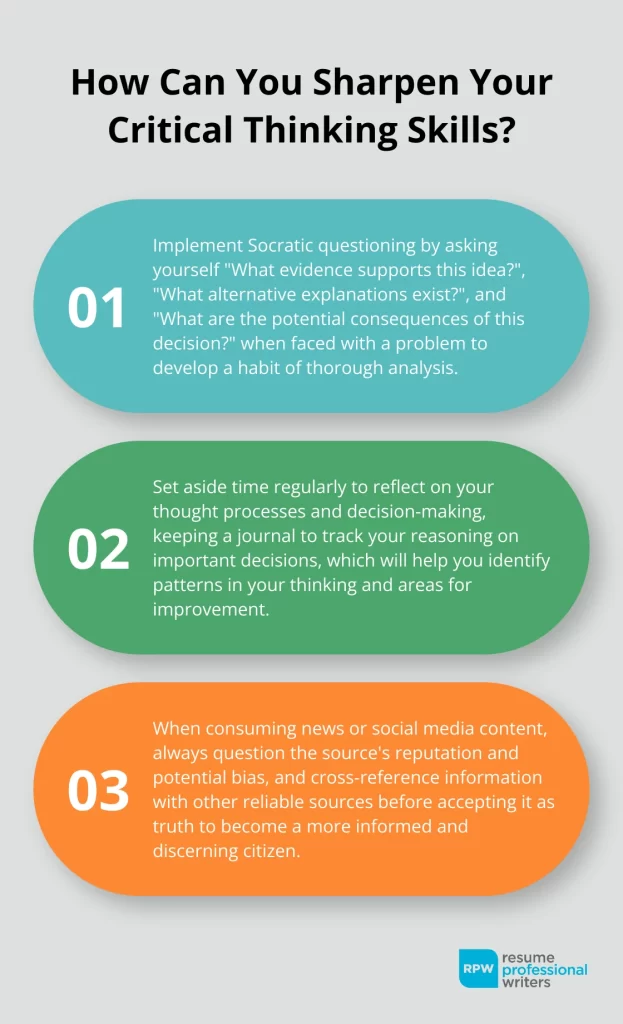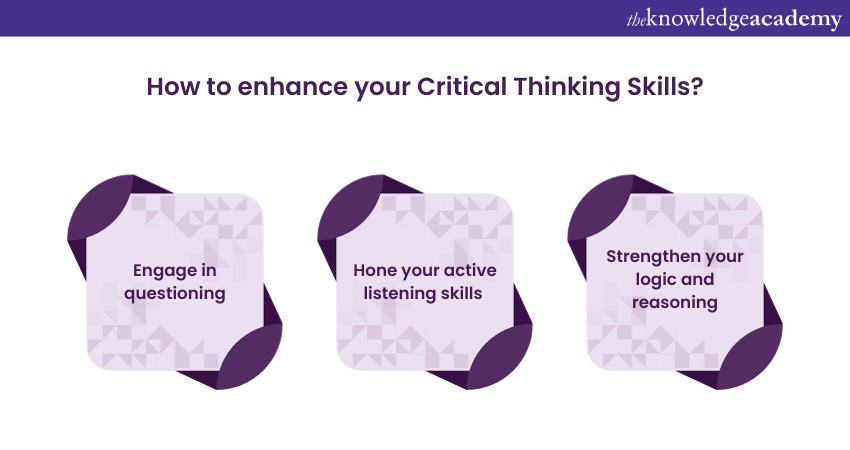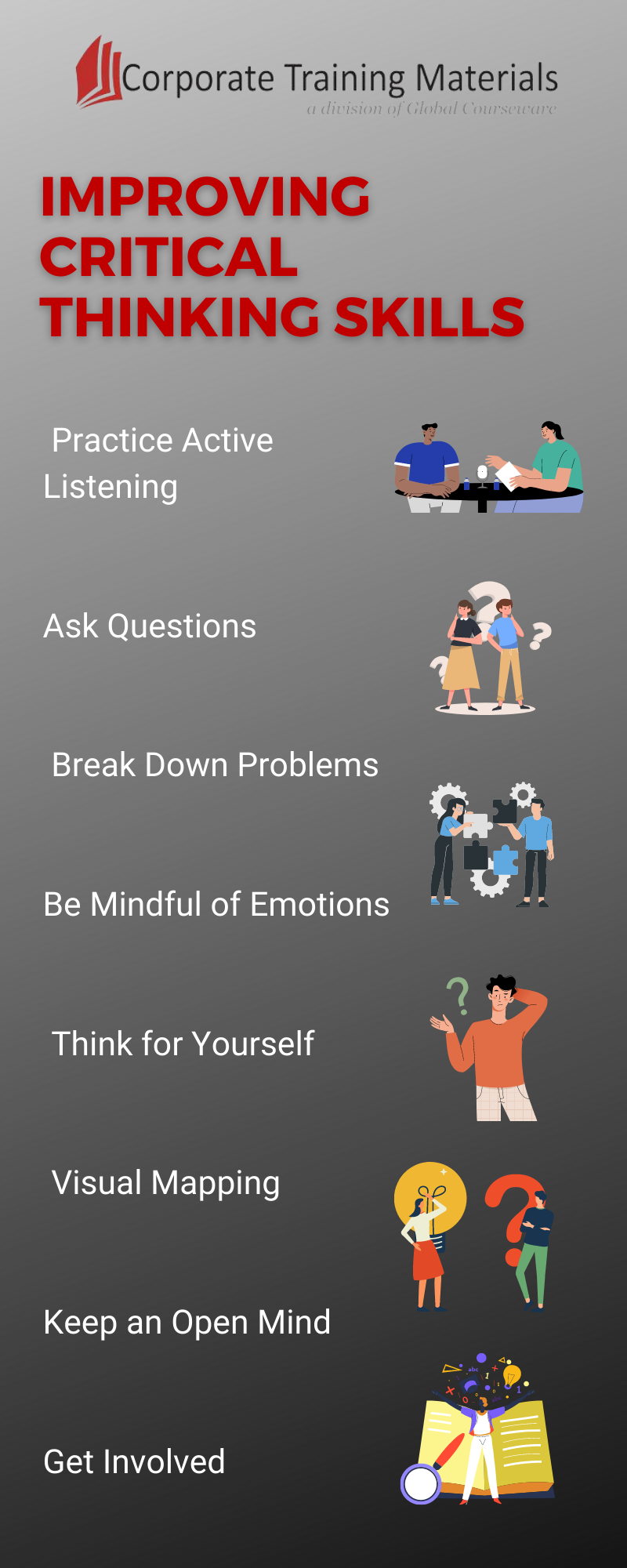How Can You Develop Your Critical Thinking Skills

In an era defined by information overload and the constant barrage of opinions, the ability to think critically has never been more crucial. From discerning truth from misinformation to making informed decisions in personal and professional life, critical thinking acts as a vital compass, guiding us through the complexities of the modern world.
This article delves into actionable strategies for developing and honing your critical thinking skills. We will explore methods grounded in cognitive science and educational best practices, offering practical techniques to enhance your analytical abilities and foster a more reasoned approach to problem-solving.
Understanding the Core Components
Critical thinking is not simply about accumulating knowledge. It is about actively and skillfully conceptualizing, applying, analyzing, synthesizing, and evaluating information to reach an answer or conclusion. Dr. Linda Elder, an educational psychologist and a leading figure in critical thinking, emphasizes the importance of understanding the elements of thought, such as purpose, question at issue, information, interpretation and inference, concepts, assumptions, implications and consequences, and point of view.
By consciously examining each of these elements, we can begin to identify potential biases and weaknesses in our reasoning process.
Questioning Assumptions
One of the cornerstones of critical thinking is the ability to question assumptions. This means actively challenging the underlying beliefs and presuppositions that underpin our thinking.
Why do I believe this? What evidence supports this belief? Are there alternative explanations? These are the types of questions that critical thinkers regularly ask themselves.
Improving Analytical Skills
Analytical skills involve breaking down complex information into smaller, more manageable parts. This process allows us to identify patterns, relationships, and inconsistencies that might otherwise go unnoticed.
Techniques such as SWOT analysis (Strengths, Weaknesses, Opportunities, Threats) and cause-and-effect diagrams are valuable tools for enhancing analytical abilities. Actively engaging with complex texts, such as scientific articles or philosophical essays, and attempting to summarize their key arguments is also beneficial.
Cultivating Open-mindedness
Critical thinkers are open to considering different perspectives and viewpoints, even those that contradict their own beliefs. This requires a willingness to challenge one's own assumptions and biases.
Actively seeking out diverse sources of information and engaging in respectful dialogue with individuals who hold different opinions are essential for fostering open-mindedness. Embracing intellectual humility, the awareness of the limits of one's own knowledge, is also key.
Practical Exercises for Skill Development
Developing critical thinking skills requires consistent practice. There are several exercises and activities that can help to strengthen these skills.
Problem-solving scenarios: Present yourself with real-world problems and work through potential solutions, weighing the pros and cons of each option. Debates: Participating in debates, either formally or informally, can help you to develop your ability to articulate your arguments clearly and persuasively, while also considering opposing viewpoints.
Logic puzzles and games: Games like Sudoku, chess, and logic puzzles challenge your reasoning abilities and require you to think strategically.
Seeking Feedback and Self-Reflection
Feedback is an invaluable tool for identifying blind spots in your thinking. Soliciting feedback from trusted colleagues, mentors, or friends can provide you with new perspectives and insights.
Regular self-reflection is also essential. Take time to review your thought processes after making important decisions or solving complex problems. What were my assumptions? What information did I rely on? Were there any biases that influenced my thinking?
The Role of Education and Training
Many educational institutions are now prioritizing the development of critical thinking skills in their curricula. Courses in logic, philosophy, and rhetoric can provide students with a solid foundation in reasoning and argumentation.
Furthermore, professional development programs often incorporate critical thinking training to help employees make better decisions and solve problems more effectively. Organizations like the Foundation for Critical Thinking offer resources and training materials for individuals and institutions seeking to improve critical thinking skills.
Beyond formal education, engaging in lifelong learning and seeking out new information from reputable sources is crucial for maintaining and sharpening critical thinking abilities.
Looking Ahead: The Future of Critical Thinking
As technology continues to advance and the flow of information accelerates, critical thinking will become even more essential. The ability to discern credible sources from misinformation, to evaluate competing arguments, and to make informed decisions will be paramount in navigating the complexities of the 21st century.
By consciously developing and honing our critical thinking skills, we can empower ourselves to become more informed, more effective, and more engaged citizens.
